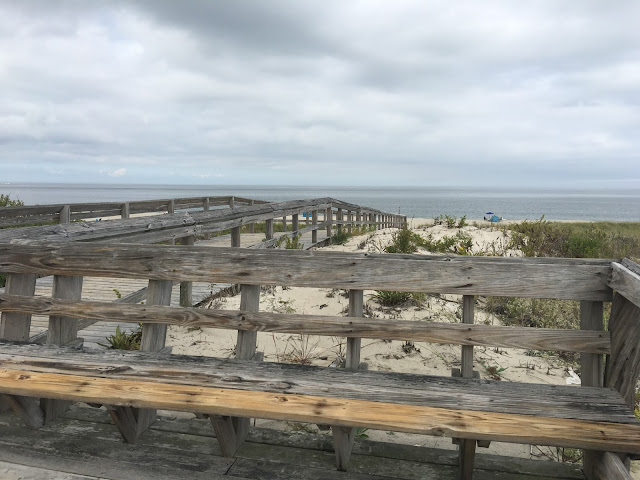Three years ago around this time, I was preparing to spend three weeks at an isolated camp in the Cascade Mountains. It would have been my first extended experience with snow, however for the first time in decades, there was a lack of snow (though thick and slick ice was present throughout the whole time). Two years ago, I was preparing to go to the same camp for a different class, this time with snow on the ground. A year ago at this time, I was preparing for a three-week trip to Greece. All three experiences were wonderful adventures.
Now, instead of figuring out how to fit three weeks worth of traveling gear into a carry on bag, I am leisurely packing my check bag to return to my room at seminary, wondering whether or not I could fit a giant Costco-size pillow pet into my bag (closest thing I can have to a real pet living on-campus). There is a part of me that wishes I was preparing for another new adventure, yet maybe this is the new adventure, to have these four weeks in January to continue becoming more rooted in the community at seminary as I take a class entitled 'Early Eastern Christianity Beyond Byzantium.' Perhaps there may even be the adventure of being in my first blizzard, though I would be just as happy avoiding that particular adventure.
This morning as I walked to breakfast with my dad, I was visually reminded that wonder can occur even in places where I have spent significant amounts of time. I will likely not have my camera out this next month as much as I did in Greece, but I fully intend to be a tourist in my own town, or rather, a woman in the process of becoming a local who maintains a sense of wonder and curiosity.

















































